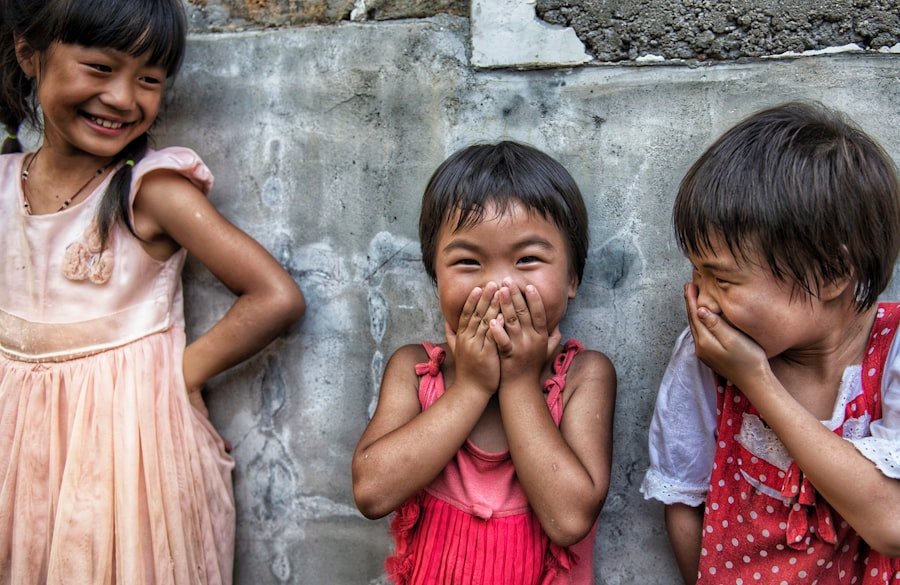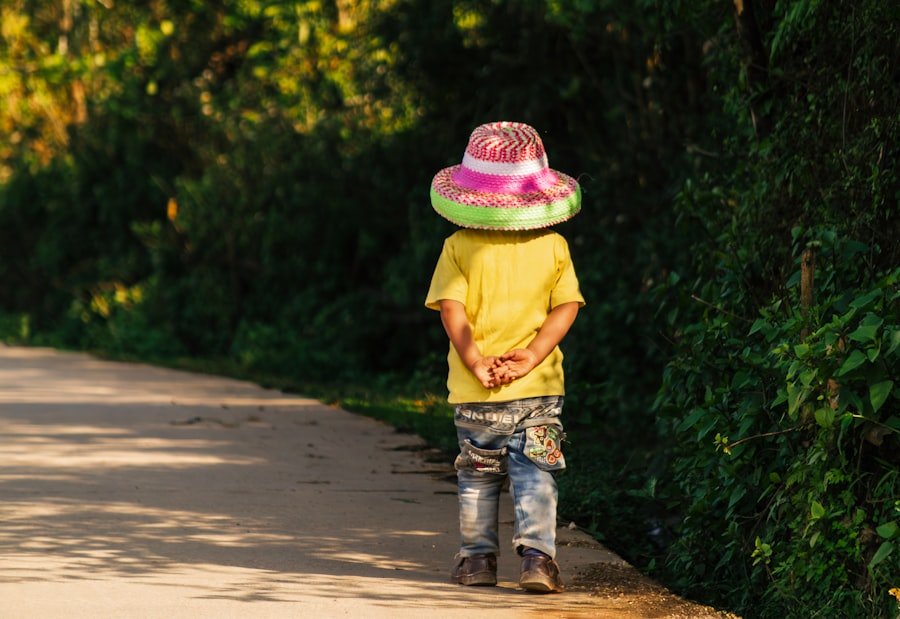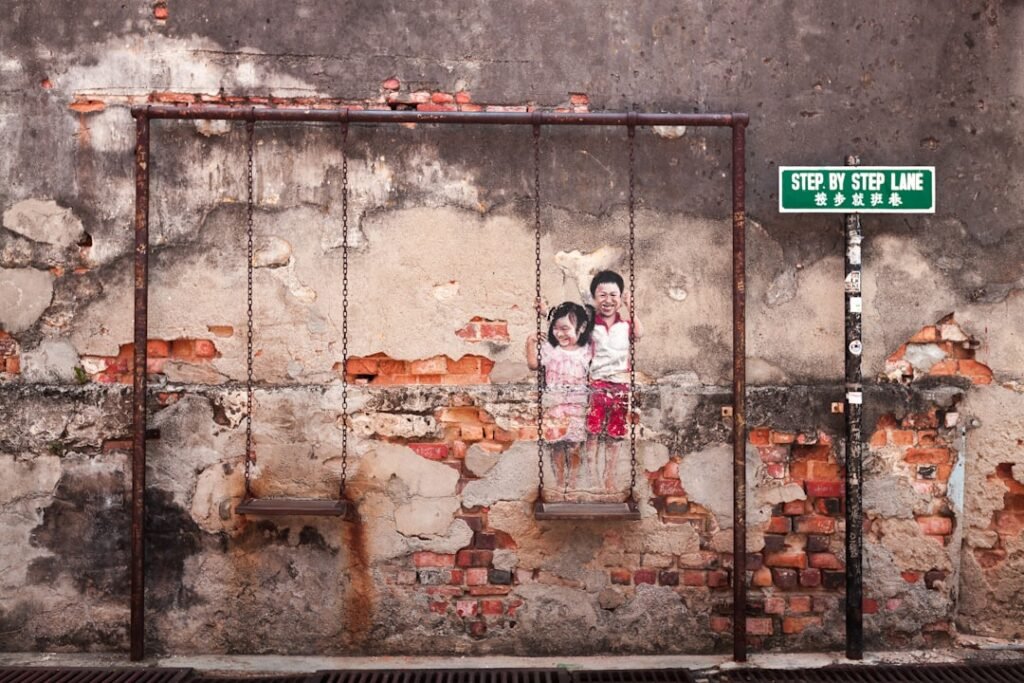The allure of winter in Oslo is undeniable, with its snow-draped landscapes and crisp, invigorating air. Each year, the LC Chinese School in Oslo opens its doors to a unique Winter Camp that brings together children and families from diverse backgrounds, fostering a spirit of cultural exchange and language learning. This camp is not merely an educational experience; it is a celebration of the rich tapestry of Chinese and Norwegian cultures, set against the stunning backdrop of Norway’s capital during its most enchanting season.
Participants are invited to immerse themselves in the beauty of winter while embarking on a journey of discovery that encompasses language, tradition, and friendship. At the heart of this Winter Camp lies a commitment to bridging cultural divides through shared experiences. The camp offers a platform for young learners to engage with Mandarin Chinese, explore the wonders of Oslo’s winter landscape, and partake in activities that highlight both Norwegian and Chinese traditions.
As the snowflakes fall gently outside, the warmth of camaraderie and learning fills the classrooms and activity spaces, creating an environment where children can thrive. The Winter Camp is not just about learning a language; it is about building connections that transcend borders and celebrating the joy of diversity. Spaces are filling up fast! Register your child for Chinese Winter Camp at the LC Chinese School in Oslo today.
Table of Contents
ToggleSummary
- Winter Camp in Oslo offers a unique opportunity to embrace Norwegian culture and learn Mandarin in a winter wonderland setting.
- Embracing the ‘Hei’ of Norway involves immersing oneself in the local customs and traditions, and being open to new experiences.
- Learning the basics of Mandarin, from ‘Nǐ Hǎo’ to ‘Xièxiè’, adds an enriching cultural dimension to the winter camp experience.
- Exploring Oslo’s Winter Wonderland allows for exciting outdoor activities such as skiing, snowshoeing, and ice skating in a picturesque setting.
- Cultural exchange at the winter camp involves sharing and learning about Norwegian and Chinese traditions, fostering connections and understanding between the two cultures.
Embracing the ‘Hei’ of Norway
As participants arrive at the Winter Camp, they are greeted with the cheerful Norwegian word ‘Hei’, a simple yet warm welcome that sets the tone for their experience. This greeting encapsulates the friendly nature of Norwegians and serves as an invitation to engage with the local culture. Throughout the camp, children are encouraged to embrace this spirit of openness, learning not only to communicate in Mandarin but also to appreciate the nuances of Norwegian hospitality.
The camp fosters an environment where curiosity is nurtured, allowing participants to ask questions and share their own experiences. The integration of Norwegian greetings and customs into the camp’s activities helps to create a sense of belonging for all participants. Children learn to navigate their surroundings with confidence, using phrases like ‘Takk’ (thank you) and ‘Vær så snill’ (please) as they interact with locals during excursions.
This linguistic exchange enriches their understanding of both cultures, making them feel more connected to their host country. By embracing the ‘Hei’ of Norway, participants not only learn a new language but also develop an appreciation for the warmth and friendliness that characterises Norwegian society.
Learning the Basics of Mandarin: From ‘Nǐ Hǎo’ to ‘Xièxiè’

At the core of the Winter Camp experience is the opportunity to learn Mandarin Chinese, a language that opens doors to one of the world’s oldest and most fascinating cultures. The camp’s curriculum is designed to introduce children to essential phrases and vocabulary, starting with simple greetings like ‘Nǐ Hǎo’ (hello) and expressions of gratitude such as ‘Xièxiè’ (thank you). Through engaging activities, songs, and games, participants quickly find themselves immersed in the sounds and rhythms of Mandarin, making language learning both enjoyable and effective.
The instructors at LC Chinese School employ innovative teaching methods that cater to various learning styles, ensuring that every child can grasp the basics of Mandarin. Interactive lessons encourage students to practice speaking in pairs or small groups, fostering confidence in their language skills. As they progress through the camp, children not only learn how to communicate but also gain insights into Chinese culture through stories, traditions, and customs associated with the language.
This holistic approach to language learning enriches their experience and lays a solid foundation for future studies.
Exploring Oslo’s Winter Wonderland
Oslo transforms into a winter wonderland during the colder months, offering a plethora of activities that showcase its natural beauty. The Winter Camp takes full advantage of this enchanting setting, organising excursions that allow participants to explore iconic landmarks such as the Royal Palace, Akershus Fortress, and the stunning Oslo Opera House. Each outing is an opportunity for children to practice their newly acquired language skills while soaking in the sights and sounds of this vibrant city.
In addition to cultural landmarks, participants are treated to outdoor adventures that highlight Oslo’s winter charm. The camp includes trips to nearby parks and forests where children can engage in snowball fights or build snowmen, all while learning about Norwegian winter traditions. These experiences not only create lasting memories but also foster a sense of wonder and appreciation for nature.
As they traverse Oslo’s snowy landscapes, children develop a deeper connection to their surroundings, making their time at Winter Camp truly unforgettable.
Cultural Exchange: Sharing Norwegian and Chinese Traditions
One of the most enriching aspects of the Winter Camp is its emphasis on cultural exchange between Norwegian and Chinese traditions. Participants are encouraged to share their own customs and practices, creating an atmosphere of mutual respect and understanding. Workshops are organised where children can learn about traditional Chinese festivals such as Lunar New Year or Mid-Autumn Festival while also exploring Norwegian celebrations like Christmas and Midsummer.
This exchange fosters a sense of pride in one’s heritage while promoting curiosity about others. Through storytelling sessions, craft activities, and cooking classes, children gain insights into each other’s cultures in a hands-on manner. For instance, they might learn how to make traditional Chinese dumplings or bake Norwegian gingerbread cookies.
These activities not only provide a delicious taste of each culture but also serve as a medium for building friendships as participants work together in teams. By sharing traditions, children develop a sense of global citizenship that transcends geographical boundaries.
Winter Camp Activities: Skiing, Snowshoeing, and Ice Skating

The Winter Camp is packed with exhilarating activities that take full advantage of Oslo’s winter landscape. Skiing is a highlight for many participants, as they have the chance to learn this quintessentially Norwegian sport in a safe and supportive environment. With experienced instructors guiding them through the basics, children quickly find themselves gliding down gentle slopes, filled with laughter and excitement.
The thrill of skiing not only builds confidence but also fosters teamwork as they cheer each other on. In addition to skiing, snowshoeing offers another unique way for campers to explore Oslo’s winter scenery. Participants strap on snowshoes and embark on guided hikes through snow-covered trails, discovering the beauty of nature while getting some exercise.
Ice skating on frozen lakes or rinks is yet another thrilling activity that brings joy to campers as they glide across the ice, often accompanied by cheerful music. These outdoor adventures create lasting memories while promoting physical fitness and teamwork among participants.
Language Immersion: Practicing Mandarin in Oslo
Language immersion is at the heart of the Winter Camp experience, providing participants with ample opportunities to practice their Mandarin skills in real-life situations. Whether ordering food at local cafes or engaging with fellow campers during activities, children are encouraged to use their language skills actively. This practical application reinforces their learning and helps them gain confidence in their ability to communicate effectively.
In addition to structured lessons, informal conversations during meals or group activities allow campers to practise Mandarin in a relaxed setting. The supportive environment created by instructors encourages children to take risks with their language use without fear of making mistakes. This approach not only enhances their linguistic abilities but also fosters a sense of belonging within the camp community as they bond over shared experiences.
Culinary Adventures: Tasting Norwegian and Chinese Cuisine
Food is an integral part of any culture, and at the Winter Camp, culinary adventures abound as participants explore both Norwegian and Chinese cuisines. Cooking classes provide an opportunity for children to learn how to prepare traditional dishes from both cultures. They might find themselves rolling out dough for dumplings or preparing a hearty Norwegian stew while learning about the significance of these meals within their respective cultures.
Tasting sessions are equally exciting as campers sample various dishes from both cuisines. From savoury Chinese stir-fries to sweet Norwegian pastries like krumkake, each meal becomes an exploration of flavours and traditions. These culinary experiences not only satisfy appetites but also serve as a gateway for discussions about food customs and family traditions from both Norway and China.
Sharing meals together fosters camaraderie among participants as they bond over their culinary discoveries.
Building Connections: Making Friends from Norway and China
One of the most rewarding aspects of attending the Winter Camp is the opportunity for participants to forge friendships that span cultural divides. As children engage in various activities together—whether it be skiing down slopes or collaborating on craft projects—they develop bonds that transcend language barriers. The shared experiences create lasting memories that often lead to lifelong friendships.
The camp encourages collaboration through team-building exercises that require campers to work together towards common goals. These activities promote communication and understanding as children learn to appreciate each other’s strengths and perspectives. By making friends from different backgrounds, participants gain valuable insights into diverse cultures while also developing empathy and respect for others—a vital skill in today’s interconnected world.
Reflecting on the Winter Camp Experience
As the Winter Camp draws to a close, participants take time to reflect on their experiences over the past few days. Through group discussions and individual journaling sessions, children share their thoughts on what they have learned about language, culture, and friendship. This reflective practice allows them to internalise their experiences while recognising personal growth throughout their time at camp.
Many campers express gratitude for the opportunity to immerse themselves in both Norwegian and Chinese cultures while forming meaningful connections with peers from around the world. These reflections serve as reminders of how far they have come in such a short time—both linguistically and socially—and inspire them to continue exploring new cultures long after they leave Oslo.
Bringing the Winter Camp Spirit Home: Continuing the Cultural Exchange
The spirit of the Winter Camp does not end when participants return home; rather, it serves as a catalyst for ongoing cultural exchange beyond Oslo’s borders. Many campers leave with newfound enthusiasm for learning Mandarin or exploring other aspects of Chinese culture while also sharing their experiences with family and friends back home in Norway or China. To continue this cultural exchange journey, participants are encouraged to stay connected through online platforms where they can share updates about their lives, language progress, or even organise virtual meet-ups.
This ongoing connection fosters a sense of community that transcends geographical boundaries—reminding everyone involved that cultural exchange is an ongoing journey rather than a finite experience. In conclusion, the LC Chinese School’s Winter Camp in Oslo offers an enriching blend of language learning, cultural exploration, outdoor adventures, culinary delights, and friendship-building opportunities—all set against Norway’s stunning winter landscape. As participants embrace both Norwegian hospitality and Chinese traditions during this unforgettable experience, they emerge not only as budding linguists but also as global citizens ready to celebrate diversity in all its forms.







